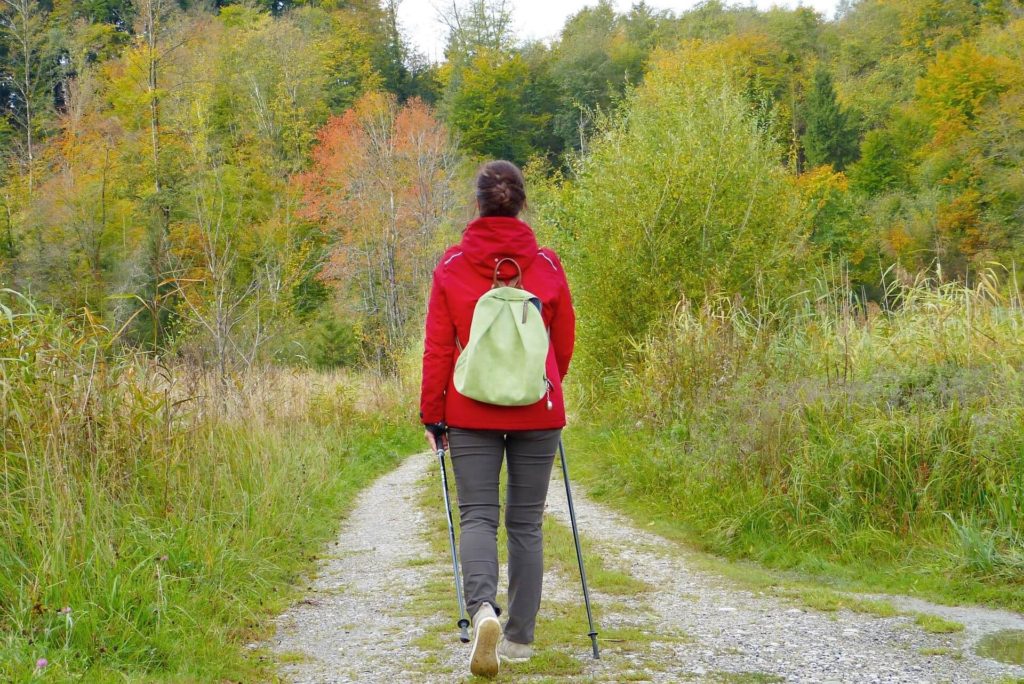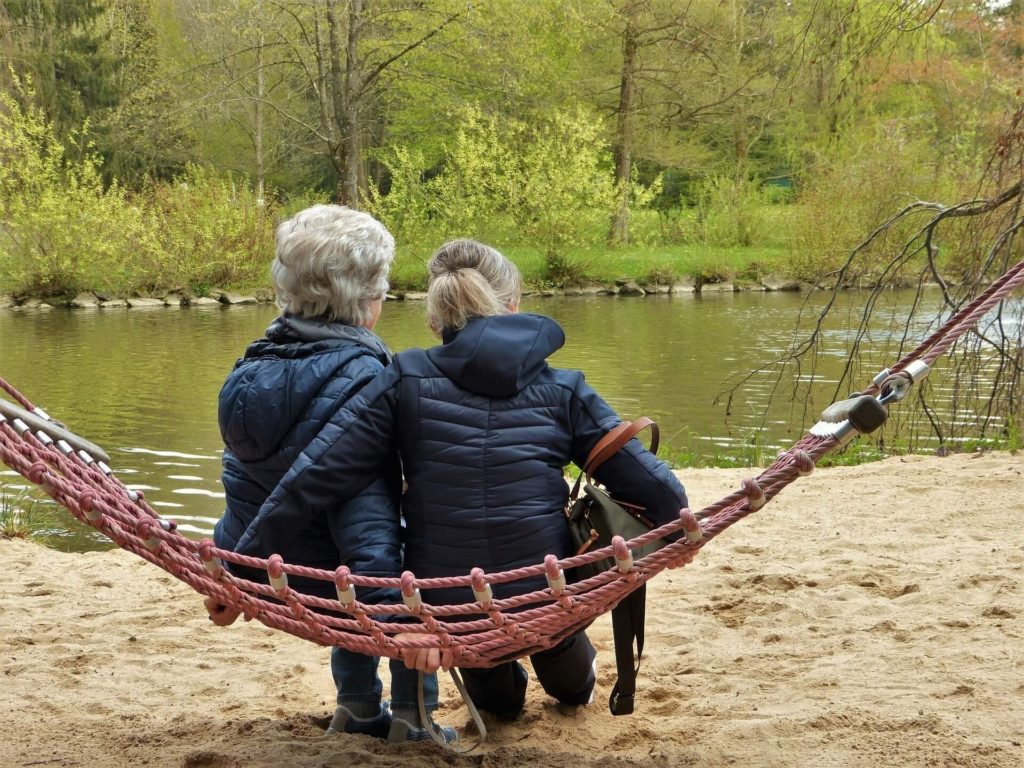When I Say I’m Hot
When I Say I’m Hot
By Barb DePree, MD, Ob/Gyn at Lakeshore Health Partners and Founder of MiddleSexMD
Hot flashes. They’re the stereotypical symptom of menopause, the subject of T-shirts and mugs: “It’s not a hot flash, it’s a power surge.” But when you say to yourself or your partner, in an intimate moment, “I’m hot,” you want to feel sexy, not soaked.
Unfortunately, among the things that trigger hot flashes is arousal itself. And as uncomfortable as you may be—both physically and emotionally—this is no time to put your sexuality on hold. Remember our “use it or lose it” discussion?
There’s not a lot we can do to disconnect the arousal trigger for hot flashes. What we can do, though, is look at other triggers to make sure we’re not making ourselves overly susceptible.
- Quit smoking. As a physician, I list that first because it contributes not only to hot flashes but also to other serious medical problems. I don’t smoke, so I know it’s easy for me to say, but if you’re still smoking at mid-life, it’s time to take that tough road to being smoke-free.
- Drink less. A glass of wine can be part of a romantic evening, but be aware that alcohol can be a trigger for hot flashes. You can do your own experimentation to see if alcohol’s a trigger for you, at what level and with which kind of alcohol.
- Eat well. Smaller meals of low-fat, high-fiber food will keep your digestive system from heating up from overwork and acting as a trigger. Spicy food can also sometimes be an aggravating factor.
- Consult with your doctor about HT. Estrogen therapy is a safe an effective option for many women suffering from hot flashes. A low-dose, topical transdermal estrogen therapy such as Divigel can ensure accurate dosage and has a steadier release of hormones versus estrogen delivered orally.
- Exercise. Women who exercise regularly have fewer hot flashes than women who don’t. More good news: Sex is exercise!
- De-stress. Easier said than done, I know, but the more stressed you are, the more hot flashes you’re likely to have. You can’t remove all the stressors from your life—some of them are people you love!—but you can develop mindfulness practices that help you manage them more easily.
On that romantic evening, especially, plan your activities to minimize your triggers. Drink cold beverages. Eat a light meal, not excessively spicy. Wear natural fabrics (like cotton) that will breathe and keep you cool. Make sure that the temperature in your bedroom is cool, or position a fan. Use cotton bedding and layers of light blankets that let you adjust. And remind yourself to keep breathing.
It might help reduce your anxiety (remember stress is a trigger!) to have a conversation with your partner about how to stay in the mood with a hot flash.
For a few of us, none of these strategies contains the damage, and hot flashes really interfere with our lives and sexuality. None of these options is perfect for everyone, but hormones, anti-depressants, and blood pressure medications have each had some positive effect. Your care provider can help you balance treatment of hot flashes with your health history and other medical conditions you may have.
And finally, remember that there is sex after hot flashes. Most of us, a year or two after menopause, are completely hot-flash-free. Staying sexually active through this transition keeps us able to continue to enjoy intimacy. Because, you know, we’re still hot! And, if you’re feeling dry, try incorporating a personal lubricant like Replens Silky Smooth to enhance intimacy and comfort.
For more information and recipes for good sex at menopause and beyond, visit www.MiddleSexMD.com.
##
Dr. Barb DePree, M.D., is a gynecologist and women’s health provider for almost 30 years and a menopause care specialist for the past ten. She was named the 2013 Certified Menopause Practitioner of the Year by the North American Menopause Society for “exceptional contributions” to menopause care. The award recognized the outreach, communication and education she does through MiddlesexMD and her work as director of the Women’s Midlife Services at Holland Hospital, Holland, Michigan.






































